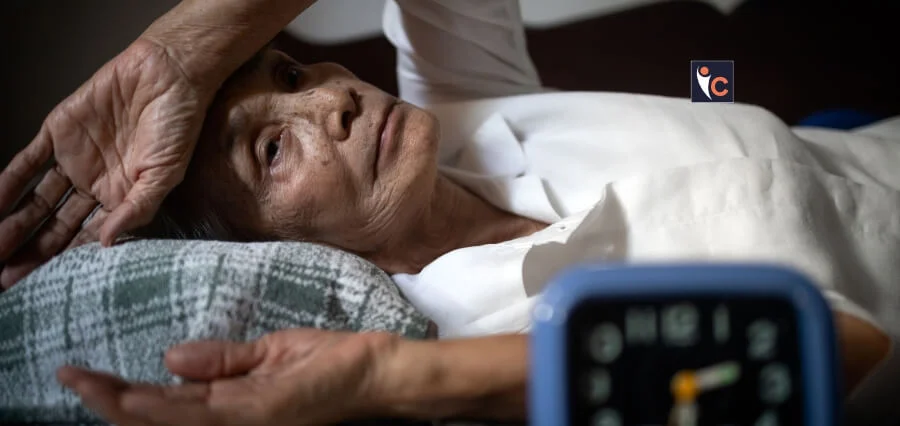WORLD BLOOD CANCER DAY 2021
There are so many misconceptions about blood cancer. It is usually thought that blood cancers are very rare, which can occur only in old people, are incurable and are always fatal, etc. This isn't what it is and today, May 28th 2021, I take up this wonderful opportunity to clear some of the common misconceptions about blood cancer.
Firstly, any cancer, here blood cancer, is not a single entity but one that comprises a wide group of cancers. Now coming to the most common misconception that it can occur only in old people. No, this isn't true. Blood cancers can occur in all age groups from newborns to the weak and elderly. Well, genetics also can play an important role in the inheritance of these cancers. It's not directly that these cancers have the capability of getting inherited from one generation to the next. Some genetically inherited diseases increase the risk of blood cancers, especially in the younger ages. There is no exact cause in most cases for such cancers. Childhood cancers - one of the common cause of this is acute leukaemia.
There are 3 types of blood cancers - Lymphoma, Leukaemia, and Myeloma. Further, each of these cancers can be of two types - Acute or Chronic. The presenting features of Acute Leukaemia can be bleeding from the nose or mouth, fever, night sweats, body part swellings, weight loss, fatigue, etc.
There can be unusual presentations too such as paralysis, jaundice, shortness of breath, etc. This is only for acute cancers. For chronic cancers, there could be different features shown. Chronic cancer patients are found on routine checkups, with asymptomatic conditions. However in advanced cases, the patients may be suffering from fatigue, night sweats and fever.
Blood cancer diagnosis and its confirmation usually involves a hemogram, bone marrow examination, biopsy of lymph nodes, immunohistochemistry, and flowcytometry. Once a patient is diagnosed, the next question is what the stage is. Except for lymphoma, none of the other blood cancers can be staged, due to the omnipresence of blood cancers (widespread nature).
It's important to also know that all blood cancers are not fatal. The chronic ones do not always require treatment. Treatment of the chronic ones is only done if there are any symptoms of weight loss, fatigue or if the cancer is causing low platelet or low haemoglobin.
However, all acute cancers require treatment, mainly involving chemotherapy. The type of chemotherapy, number of cycles of chemotherapy and the duration of the chemotherapy treatment usually depend on the type of blood cancer, fitness of the patient and risk status. Some blood cancers also require bone marrow transplant. The need for chemotherapy or a bone marrow transplant is decided according to the type of blood cancer and the risk status.
With recent medical advances, newer therapies that cause minimal damage to the general health of the patient include biological agents, targeted agents, immunotherapy, immunomodulators, etc. These agents and many more coming up are the future for the increase in the chances of cure of such cancers. In fact, in some cancers, the treatment has become as easy as taking a tablet daily like in diabetes or BP. But yes, let's all hope that there comes a day where there is a high increase in the curing of cancer causing minimum to zero damage to the other body tissues, thereby not harming the general health of the patient too.
So yes blood cancers are curable. Taking treatment from the right place, at the right time is necessary. So yes, together we can, and for sure, we will achieve victory over these dreadful cancers, one fine day.




super interesting as always :) - mirra
ReplyDeleteThank you :) !
Delete